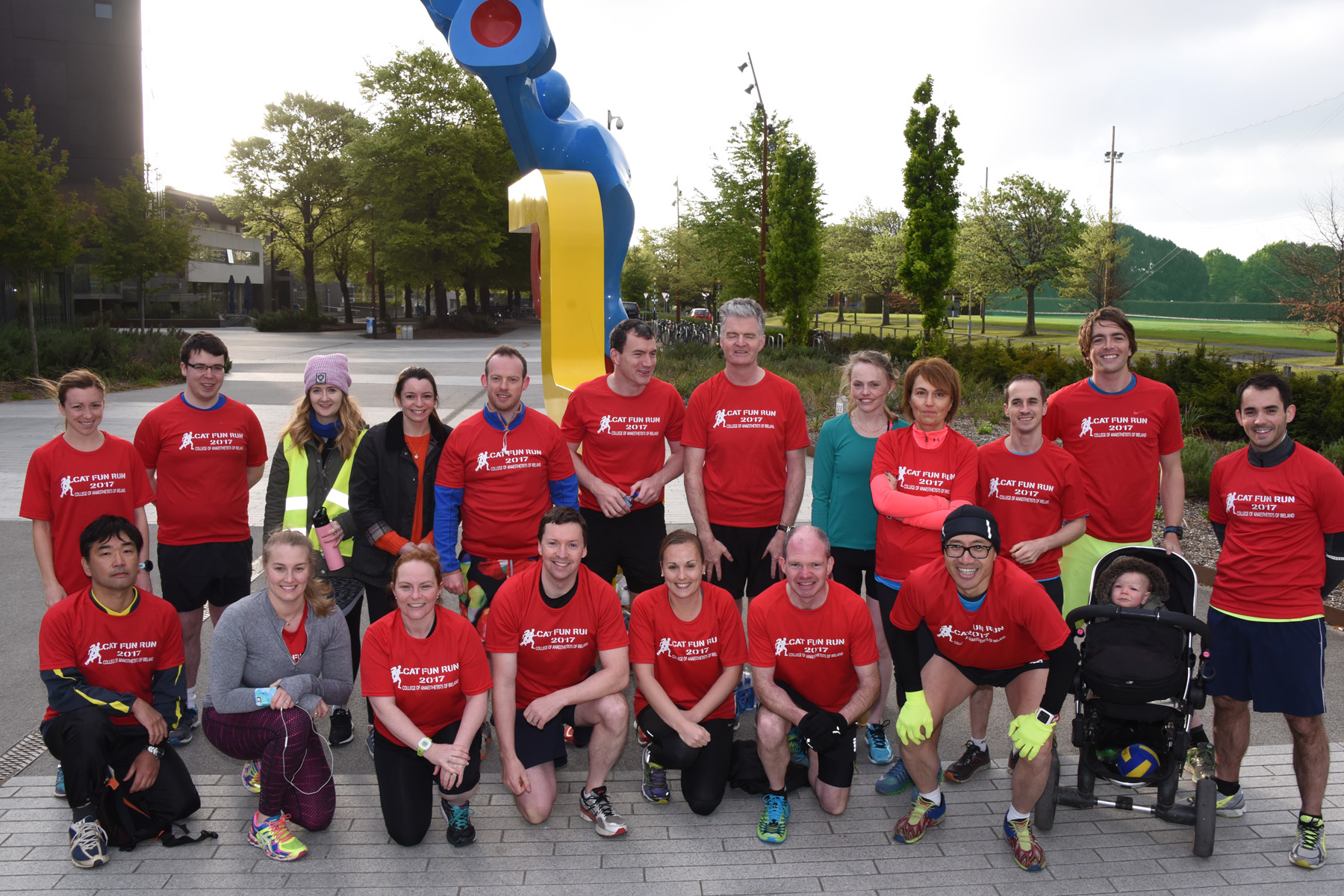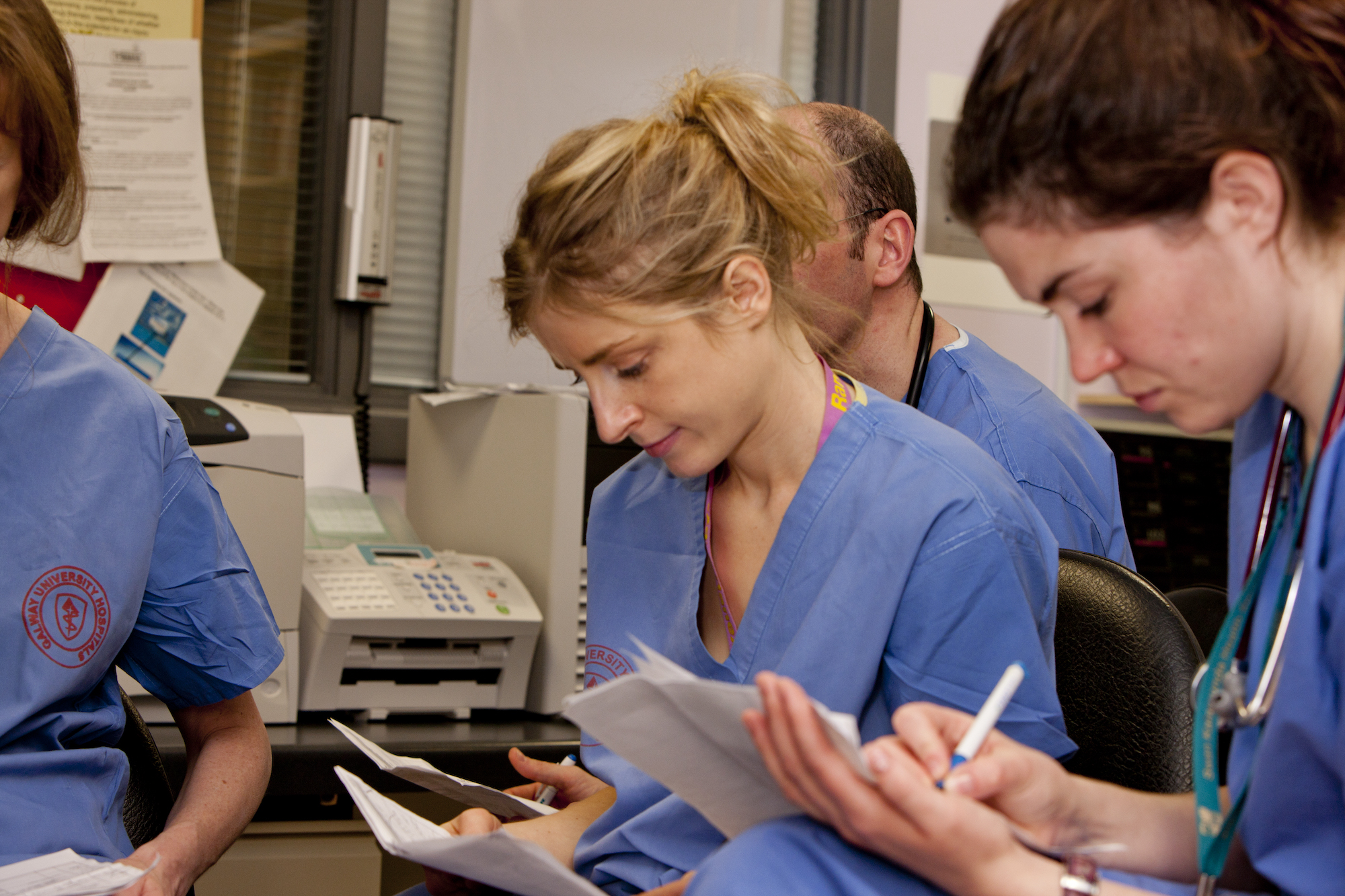Wellness
Building resilience for anesthesiologists involves cultivating mental and emotional strength to navigate the high-pressure demands of our profession.
Key strategies include fostering a supportive work environment, prioritizing self-care, and engaging in regular reflective practice.
Additionally, promoting a healthy work-life balance is crucial; incorporating physical activity and hobbies outside of work can help alleviate burnout. By investing in personal well-being and professional development, anesthesiologists can enhance their resilience, leading to improved patient care and job satisfaction.
Anaesthesiologists can benefit from peer support groups to share experiences and coping strategies. Continuous education and skills training can enhance confidence and reduce stress.

The Importance of GP Support
We advise Trainees to make sure they have registered with a General Practitioner, who is neither a friend nor a family member and who will ensure that professional boundaries are maintained in all decision making.
Though you will have your own thoughts on diagnosis and appropriate interventions, bring an open mind to the consultation and just ‘be a patient’. Most GPs are very comfortable with treating doctors as patients and are registered with the HIP Network. You may contact the network to find the name of such a GP in your area if you have not already registered.
The ICGP have also established a National GP Directory for NCHDs, Trainees and Interns. It lists GPs who have indicated that they have capacity to register NCHDs, trainees and interns seeking a GP within their locality during their clinical rotations.
Please click here for further information.
